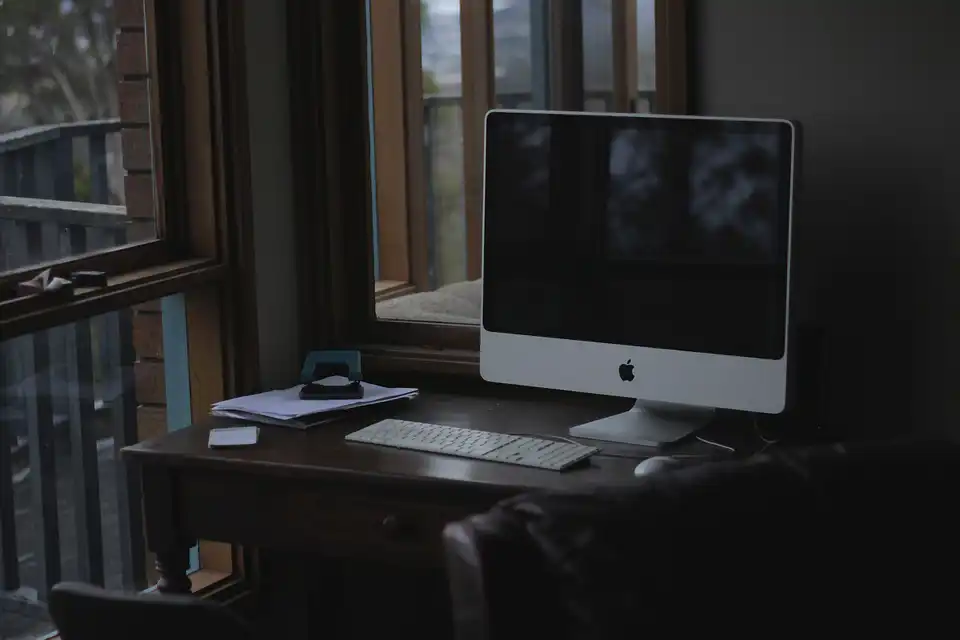With the advancement of technology, an emerging threat to trust and credibility looms on the horizon. This threat is 'Deepfake,' a technique using artificial intelligence (AI) that manipulates videos, images, and audio to create a fake version of reality.
Decreasing public trust in real war coverage becomes a significant issue when deepfakes come into play. This technology allows malevolent actors to spread false information and manipulate public opinion about events transpiring on global battlefields.
One example is the recent Armenia-Azerbaijani war, where Yerevan accused Baku of using deepfakes to manipulate videos shown during media briefings. Proof of these accusations remains under scrutiny, but they highlight the extent of the deepfake threat.

The international community is grappling to control and regulate this new kind of cyber threat. There's a need for building protocols for identifying and acting against the use of deepfakes in international relations, including warfare.
Deepfakes & Potential Impact
Deepfakes potentially have a significant impact on international relations. They can discredit authentic coverage of war and escalate tensions between nations. By using deepfakes, actors can successfully create a false narrative surrounding an event, leading to misinformation and manipulation.
When it comes to warfare, deepfakes can tilt the scales of public opinion, create confusion and panic, and potentially change the course of the conflict. Hence, the impact of deepfakes extends beyond mere public perception and into national security issues.
For instance, deceptive videos depicting a country's leaders issuing inflammatory statements can trigger conflicts or escalate already simmering tensions. Such a situation puts nations' security at risk and complicates international diplomacy.
The insidious nature of deepfakes makes them a significant cyber threat. Unlike traditional hacking methods, deepfakes do not target security systems but exploit a more vulnerable aspect - human trust and perception.
The Deepfake Dilemma
One of the most significant challenges in dealing with deepfakes lies in detection. Expertise and technological prowess are necessary to discern a deepfake from an original. This obstacle drastically increases the potential damage that a deepfake can cause before it is debunked.
The technology behind deepfakes continues to evolve, making it more difficult to spot these altered realities. While researchers are developing tools to identify deepfakes, the technology is a constant arms race between detection and creation.
Many believe that developing a legal framework to regulate deepfakes should be a priority. However, this raises questions about freedom of speech and the potential for government abuse of such regulations, creating a regulatory dilemma.
The elusive solution to the deepfake problem and the speed at which technology advances necessitates global collaboration. This fight isn't about one nation versus another; it is about preserving the integrity of factual truth worldwide.
The Way Forward
There isn't a one-size-fits-all solution to counter deepfakes. Instead, a multi-faceted approach encompassing technology, policy, and public awareness is crucial to mitigate this threat.
Utilizing advanced tools, such as blockchain technology or machine learning algorithms, can help detect and prevent deepfakes. Strengthening international laws and regulations to deter the misuse of deepfakes is also a vital step in the right direction.
Education and public awareness can help demystify deepfakes and bolster resilience against disinformation caused by them. Regular updates on the evolution and potential misuse of the technology can serve as a preventive measure.
The fight against deepfakes is a global challenge, and it calls for a concerted effort from every corner of the globe. The detrimental impact on trust in real war coverage is only the tip of the iceberg. As we venture deeper into this new era of AI-manipulated reality, the onus is on us to tackle these challenges and safeguard our perception of truth.